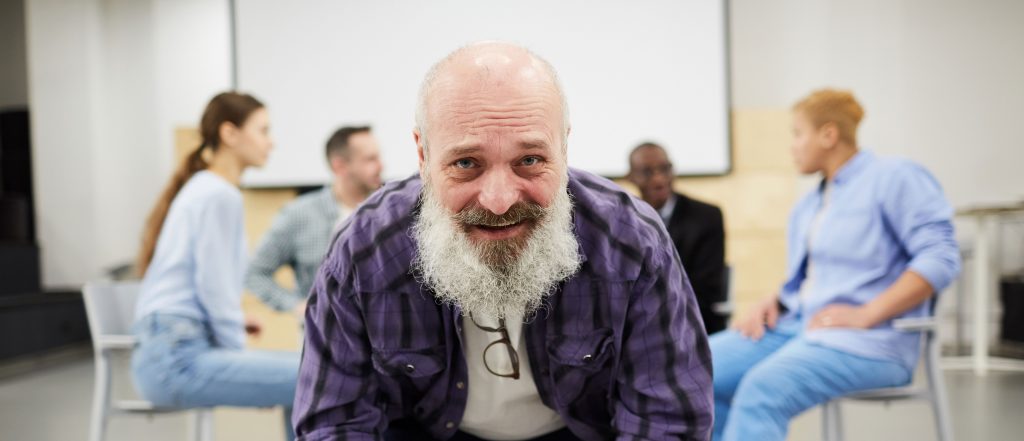‘The opposite of addiction is connection’ is a phrase commonly used in the recovery sector.
The Therapeutic Community (TC) model teaches people to work with, and socially learn from one another, contributing to self-awareness and the development of meaningful connections. While TC’s have been around for decades, providing a safe space for people with mental health and substance use issues, the UK adapted live-in TCs to part-time day programs. This ensures that members maintain their connections with the outside community and put their learnings to use in their real lives every day.
“With the pandemic, people have felt this sense of loss of community, so we’ve really started to think about how we can ensure that the connection between people and their community isn’t lost,” says Ron Lirette, CEO of Pacifica Treatment Centre and member of Streetohome’s book club.
“How are we bringing people in – is it client-centred, and does it promote a sense of belonging? What are their goals and how do we support them in achieving these and encourage them to support each other? And how are we supporting people going back out into the community?”
Dr. Steve Pearce and Dr. Rex Haigh co-authors of the book The Theory and Practice of Democratic Therapeutic Community Treatment, emphasized the advantage of ensuring TC member’s therapy happens alongside real life, which helps them reconnect with, and build, relationships with others outside the community.
By forging healthy connections within the TC and their home community, people gain socialization opportunities and communal support from connections who really understand and accept them for who they are.
Ron acknowledges the importance of that and is working to incorporate the TC principles into the addiction treatment programming Pacifica offers.
“Even though we’re a treatment centre and not a TC, we can still incorporate the TC principles of belonging, personal accountability, mutual concern and democracy into our programming – they apply to a wide range of contexts. I want to see us evolve to provide these next levels of support, which is really creating the environment for peers to congregate together and to learn from each other – to grow and evolve with each other and build their confidence,” says Ron.
Learn more about the TC model and keep up to date with discussions, webinars, virtual conferences, and events like the planned 2022 Living Learning Experience in Vancouver – on Streetohome’s TC Community of Practice. Chapter summaries, questions and discussion notes are available for those interested in organizing their own book club. For access, contact [email protected].

